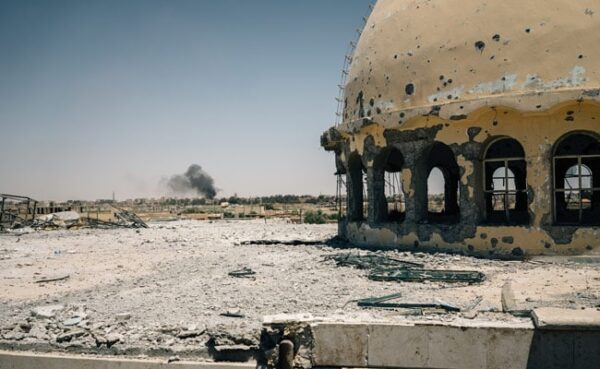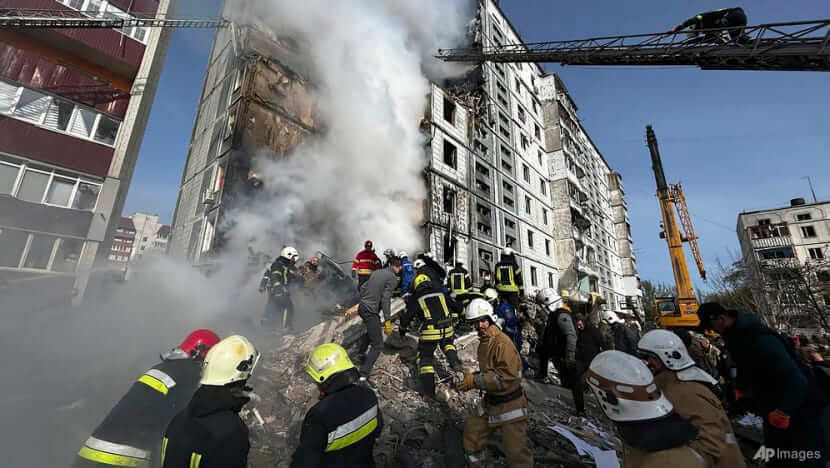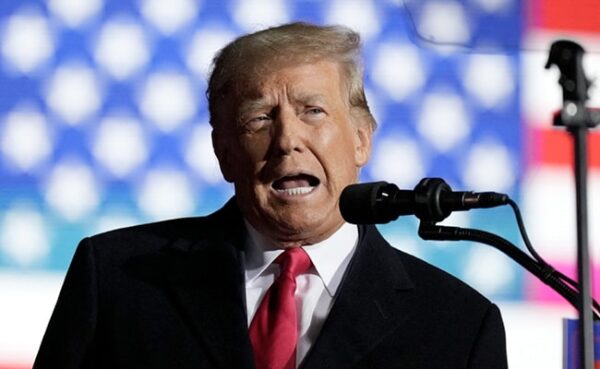Raphael Marshall said the process of choosing who could get a flight eschewal was arbitrary and thousands of emails with pleas for help went unlettered.
The also Foreign Secretary Dominic Raab was slow to make opinions, he added.
Mr Raab told the BBC assignments would be learned but the UK did a good job compared to other countries.
“It’s clear that some of those left before have ago been boggled by the Taliban,”he added.
Meanwhile, the Foreign Office’s top civil menial was constantly questioned by MPs about his decision to continue his vacation for 11 days after Kabul fell to the Taliban.
Sir Philip Barton said he’d” reflected a lot”on his decision, adding”If I had my time again I would have come back from my leave earlier than I did.”
He claimed cover arrangements were in place and he’d”stayed in touch with the department all the way through the period”.
But commission president Tom Tugendhat said he plant Sir Philip’s decision” strange” given Mr Raab had returned.
Mr Raab said the two-week evacuation was”the biggest operation in living memory”of its kind and the UK had helped a larger number of people than any nation except the US.
The former foreign clerk, who’s now justice clerk, said the review of his decision- timber was from a” fairly inferior office officer”but the main challenges were in vindicating the individualities of aspirants on the ground and safely convoying them to the field in Kabul, not in making opinions from Whitehall.
Other examens were” rather repositioned from the functional pressures and conditions”, he said.
“I do not doubt there were challenges, I do not doubt there will be assignments to be learned but if you look at the data, I suppose we did a good job by recent norms of evacuations and by transnational comparisons,”he told BBC Breakfast.
Mr Marshall, who was a elderly office officer at the Foreign, Commonwealth and Development Office (FCDO) until he abnegated in September, said there was shy staffing at the department’s extremity centre, and staff would not typically be anticipated to work at weekends or overnight.
There was also a lack of moxie and a lack of collaboration between the department and the Ministry of Defence, he added.
Mr Marshall also said Mr Raab took hours to answer emails and” did not completely understand the situation”.
And he said an instruction from Prime Minister Boris Johnson to void tykes looked after by an beast charity went against Foreign Office criteria and meant people at threat of being boggled were left before.
Mr Johnson said the allegation that he interposed on this issue was” complete gibberish”and that the deliverance operation was”one of the outstanding military achievements of the last 50 times or further”, under” enough harrowing circumstances”.
As the Taliban approached Kabul in August, there was one government scheme to void those Afghans who had worked directly for the British government, and another to identify and help those who were at threat because of their broader links to the UK.
Mr Marshall worked for the platoon of officers handling a group known as Afghan Special Cases.
These included Afghan dogfaces, politicians, intelligencers, civil retainers, activists, aid workers, judges-and guards who had worked laterally for the UK government via subcontractors.
In the hopeless days at the end of August as the Taliban advanced on Kabul, numerous of these people were emailing the FCDO to get authorization for a flight out of the country.
Mr Marshall said there were” generally unlettered emails in the inbox at any given moment”and”in thousands of cases emails weren’t indeed read”, including cases from MPs.
He said the process of prioritising the aspirants was” arbitrary and dysfunctional”. The criteria used by the government were harmful and nebulous, leading to confusion, he added.



